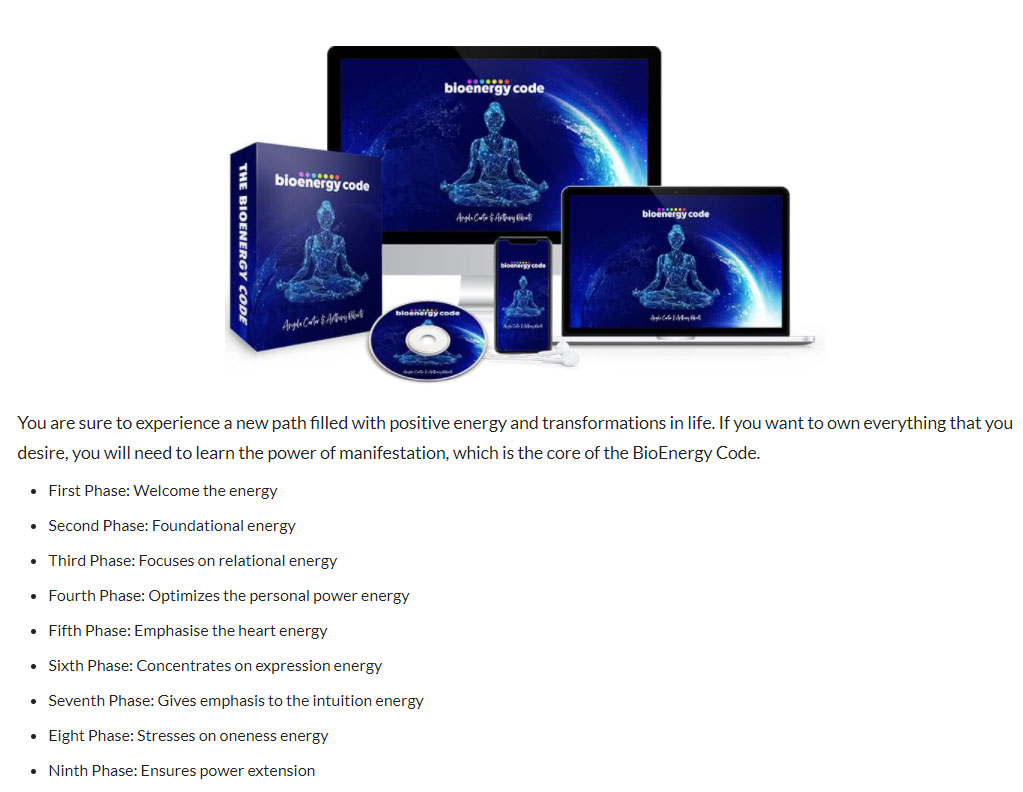How to have a good day
To have a good day and feel good at every moment, follow these 2 steps:
• There are activities that make you feel "important", find them and make a list of them.
• Each day, practice at least 3 of these activities
It may seem simple, and yet...
You only have to put it into practice to realize that the simple fact of having programmed activities that will make us happy already makes us feel good, even if we don't do them in the end! Even better, the moment of practicing the activity makes us feel good and aligned with our soul. We feel joy and we feel good.
Now that I am 30 years old, I came across the work of Daniel Siegel, who has been researching how we can use our time to support our well-being and inner growth. It really made me think of the same concept as the film.
Controlling our time and the activities we spend it on has become more difficult with our busy lives. It is therefore important to know the areas of activities we need to do every day to feel good. In the same way that we need to balance our meals to nourish our body properly.
Even though our true self is eternal, we live and experience ourselves through sequential intervals of time. For this reason, we need to respect and skillfully manage our time each day in order to synchronize ourselves with the biorhythms of Nature.

Have a good day
List of the 7 mental activities to cultivate on a daily basis :
• Time for concentration: Find time to be alone and to focus on what is important to you. When we focus our mind on an activity in order to achieve a goal, the stimulation of the challenge allows our brain to develop.
• Time to play : Take time to have fun without worrying about anything.
• Connection time: Intimate time with the people you love and care about. When we communicate with other people, if possible in the flesh, and take time to enjoy our connection with the natural world around us, we activate and strengthen the relational circuits of the brain.
• Physical Time: Take the time to move and activate your body. When you move your body, if possible, and at least to the point of breathlessness if medically possible, you strengthen your brain in several ways.
• Inner time: Take time for meditation, prayer or introspection. When you enter your inner sanctum, you focus on sensations, images, feelings and thoughts, and your brain better integrates information. "The body benefits from movement, and the mind benefits from stillness." - Sakyong Mipham
• Rest Time: Find time during the day to simply be in the moment. When we are unfocused, without a specific goal and let our mind wander or simply relax, we help the brain recharge. "The time we like to waste is not wasted time." - Bertrand Russell
• Time to sleep: Get a full night's restorative sleep. When we give our brain the rest it needs, we consolidate our learning and recover from the experiences we've had during the day.

These seven daily activities make up the "mental nutrients" your brain and relationships need to function at their best. These essential mental activities strengthen your brain's internal connections and your connections with others and the world around you.
You won't always be able to fit all 7 activities into each day, but the important thing is to be aware of all 7 activities so you can notice when one of them is missing on a regular basis. It can also be helpful to plan your days to incorporate the activities you miss the most.
Ask yourself the following question: on an average day, how much time do I spend on each activity? This will help you determine which activity you should try to incorporate a little more.
In our busy days, it is often our inner time that we tend to sacrifice. A good solution is to create a sacred space that will invite you to find this inner time more easily.


